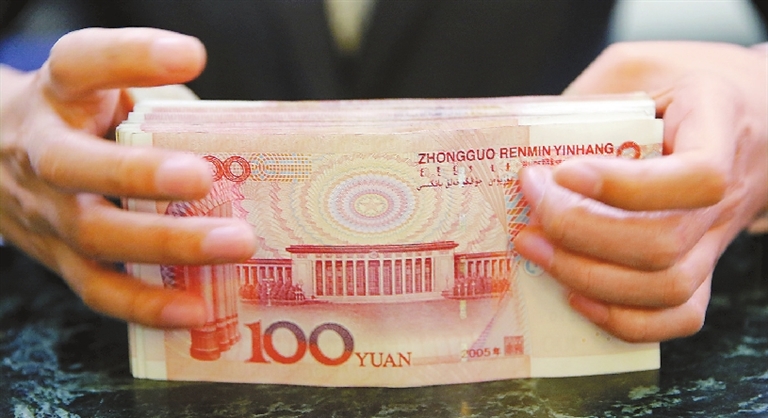
CHINA’S currency, bonds and stocks are among fund managers’ top picks for 2018 as they bet the United States and China will avert a full-blown and potentially costly trade war. Unlike in 2017, when a “Goldilocks” scenario of synchronized global growth and low inflation led to a broad-based rally across Asian markets, this year has brought early challenges for investors. Chief among those are the threat of faster rate rises by the Federal Reserve, a reversal in the U.S. dollar’s steady downtrend and the risk of a full-blown trade war. The trade situation remains tense after U.S. President Donald Trump threatened China with another US$100 billion of tariffs but also predicted China will make concessions. China has warned that it is prepared for a “fierce counter strike.” Asian stock markets have been volatile since February as the United States imposed broad tariffs on steel and aluminum imports and renegotiated a trade deal with South Korea. “We don’t think trade tensions are going to escalate to a full blown trade war,” said Daniel Morris, a London-based senior investment strategist with BNP Paribas Asset Management. “We think there may be bouts of volatility, but the actual path is at the minimum status quo, if not conceivably an improvement in trade in the long run.” Morris said his fund is still overweight on equities in general and views the return of volatility to markets as an opportunity to pick up good assets cheaply. Josh Crabb, head of Asian equities at Old Mutual Global Investors, has also increased allocation to Chinese equities on the view they are still cheap and that the trade dispute will be resolved. Chinese equities make up the biggest proportion, at nearly 25 percent, of the US$1.1 billion Asian Growth strategy at Janus Henderson Investors. Fund managers argue that the steel and aluminum on which the United States has announced tariffs are a tiny proportion of China’s exports. The China-specific tariffs also exclude many consumer electronics, such as Apple Inc.’s iPhones. Besides, the Chinese companies currently part of MSCI’s Asia-ex-Japan index, such as Tencent Holdings, Alibaba Group and technology firm Baidu, do not compete merely on costs and so tariffs wouldn’t blunt the demand for their cutting-edge technology products Andrew Gillan, head of equities at Janus Henderson, says an escalation in tit-for-tat tariffs would be negative for global growth. “But these risks are not unique to Asian companies, they are very much a risk for global companies that are accessing Asia for their growth opportunities.” Both China and South Korea have been big recipients of foreign money in 2017 and so far this year, as have equity markets in India and Taiwan. The Shanghai benchmark index rose 6.5 percent in 2017 but is down nearly 5 percent so far this year. It is still cheap, trading at a price-earnings ratios of 13.9, which is far lower than that for markets in India, the Philippines and even the United States. Meanwhile, the sanguine view on the trade war is fuelling expectation that the U.S. dollar will resume its three-year downtrend, giving Asian central banks room to hold off on rate rises as the region’s currencies appreciate. In addition, the relative stability of China’s yuan, the promise of its bonds being included into global benchmark indices and hints of a slowing economy have lured investors. Bloomberg said last month its Bloomberg Barclays Global Aggregate Index will include Chinese yuan-denominated government bonds from next year. The largest position in the US$5.7 billion fixed income fund Western Asset Management’s Desmond Soon manages is in yuan bonds. Aberdeen Standard Investments’ fixed income manager Mark Baker is also overweight on Chinese bonds. “China had its big selloff back in 2016-2017, so domestic yields have already repriced significantly higher,” Baker said. “And it looks to us the economy is beginning to slow again now from the heights of last year and that should be a more constructive environment for rates.” (SD-Agencies) | 
